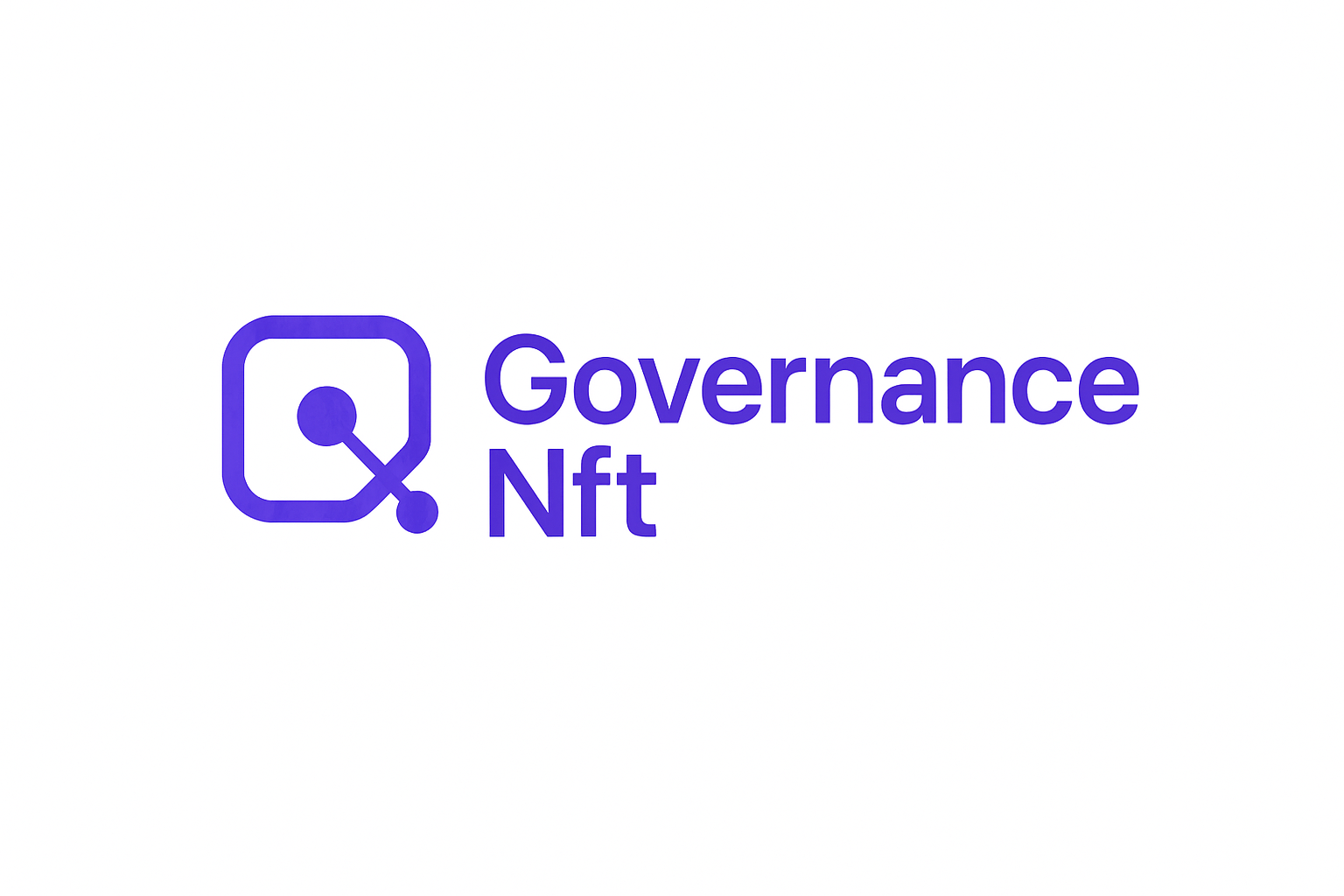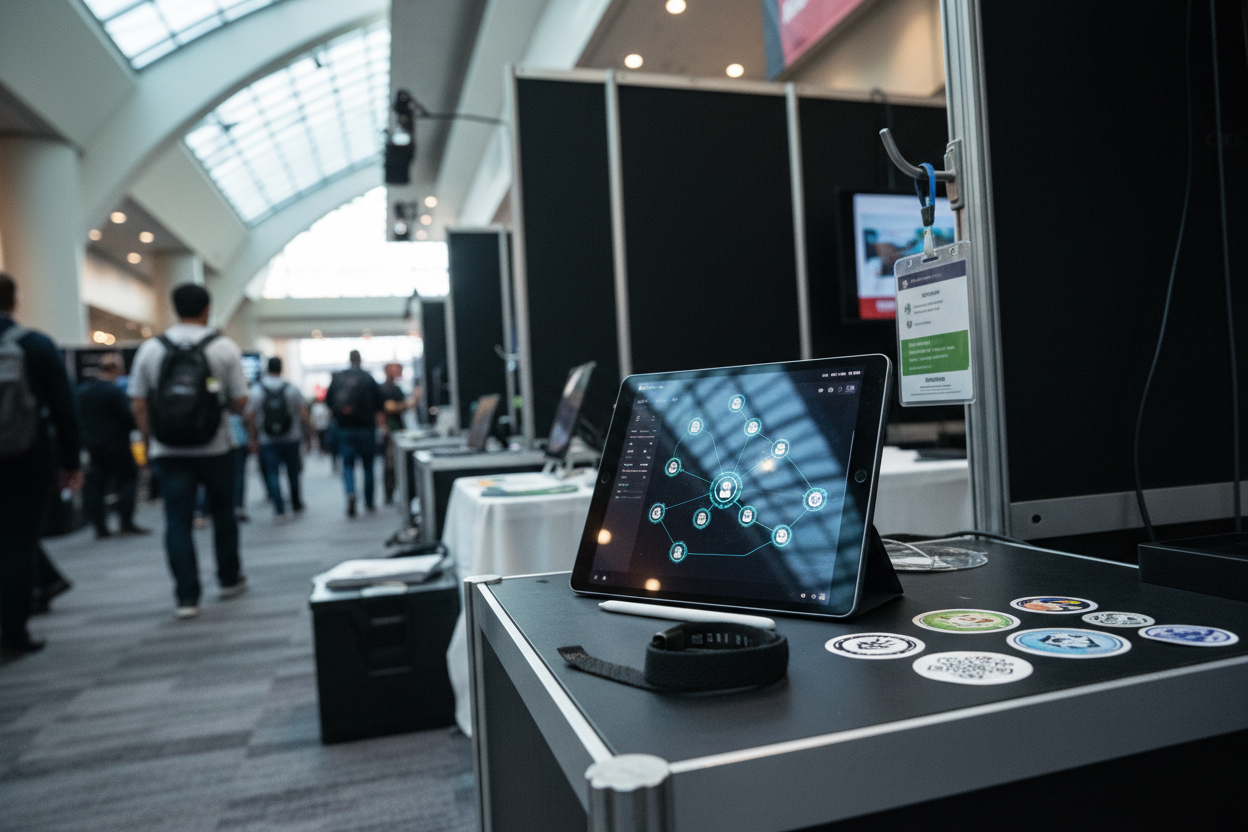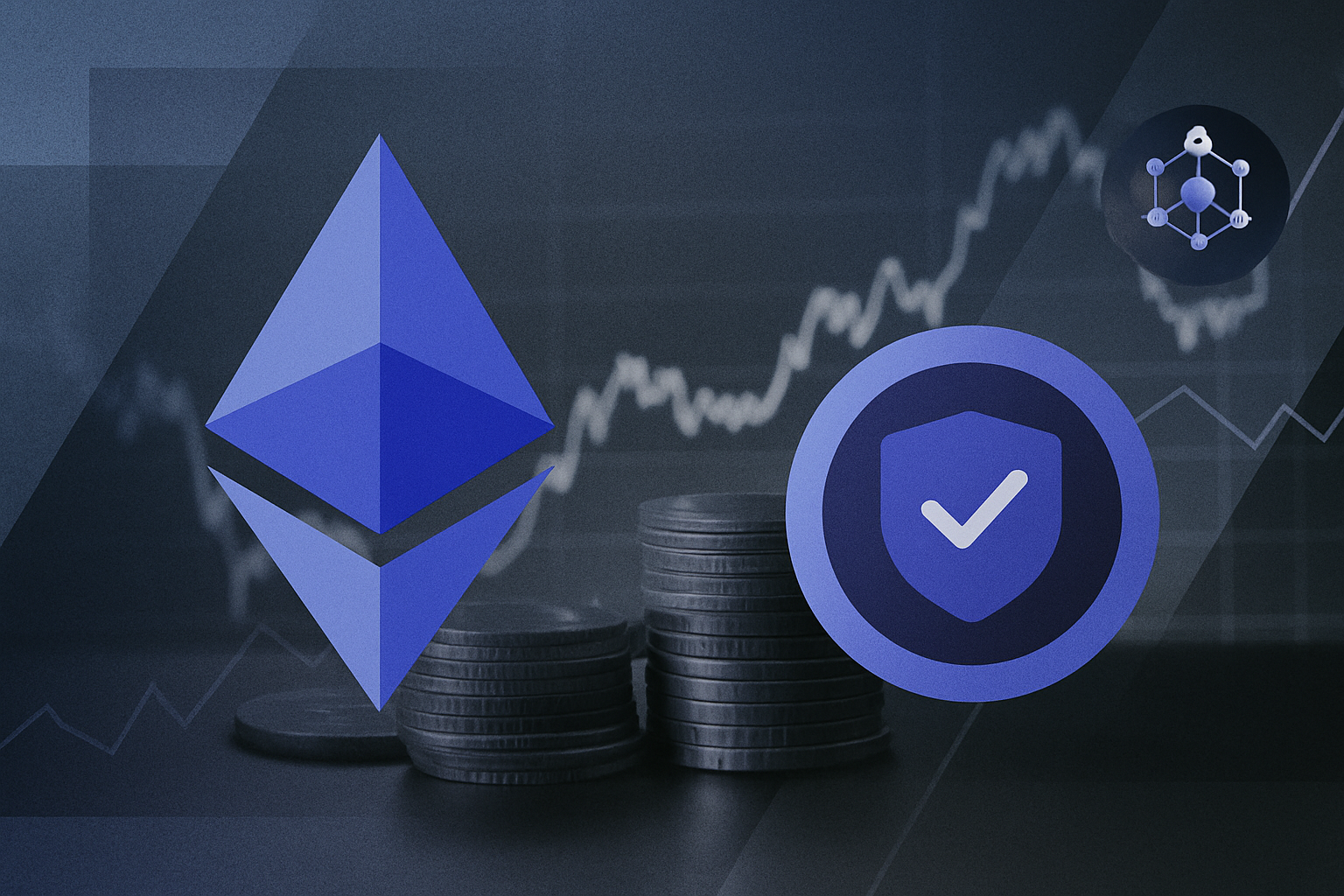
DAOs are rewriting the rules of collective decision-making, but token-based voting systems have exposed these organizations to a host of manipulation risks. Large holders can dominate votes, while attackers may spin up multiple wallets for Sybil attacks. The result? Genuine contributors get sidelined, and the DAO’s mission drifts off course. Enter reputation-based governance NFT badges: a powerful antidote to voting manipulation that aligns influence with merit, not money.
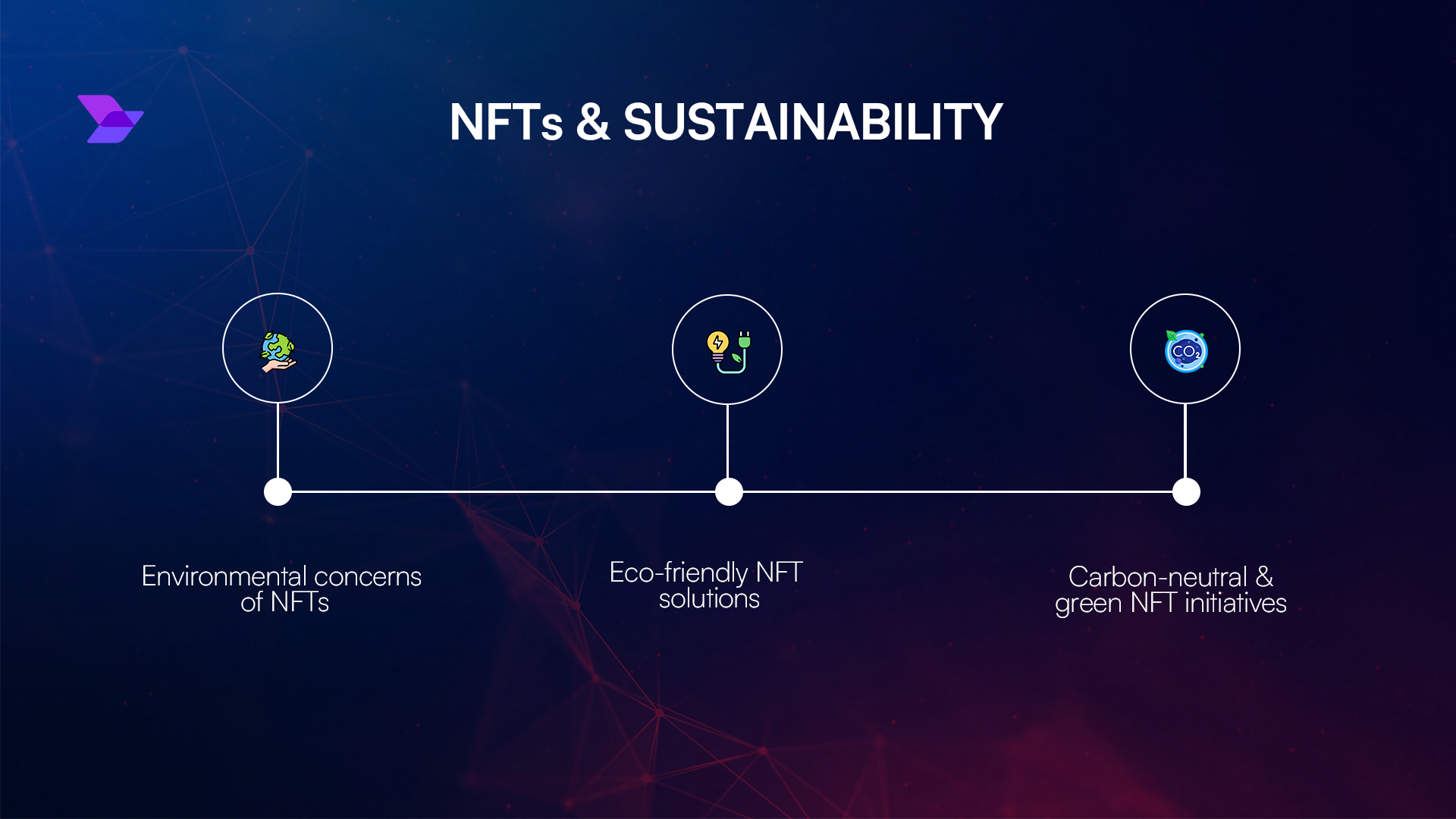
Why Token-Based Voting Fails the Decentralization Test
The original promise of DAOs was decentralized power, yet token-weighted voting often leads to centralization. When voting rights are tied solely to token holdings, whales can easily tip the scales. Worse yet, these systems are prime targets for vote buying and identity fraud. Sybil attacks allow bad actors to create fake identities or split tokens across wallets, multiplying their influence far beyond what’s fair or intended.
This vulnerability has played out in real-world cases, from DeFi protocol takeovers to governance hijacks in NFT communities. As highlighted by recent research and case studies (see SSRN eLibrary and Olympix on Medium), even the most well-intentioned DAOs can fall prey to these attack vectors without robust safeguards.
The Rise of Reputation-Based Governance Badges
Reputation-based governance badges flip the script by awarding influence based on on-chain contributions and verifiable activity, not just wallet balances. These non-transferable NFTs act as unique digital credentials tied directly to a single participant’s history within the DAO. Earning a badge might require code commits, proposal authorship, successful project delivery, or ongoing community moderation.
This approach does three things:
- Eliminates vote buying: Badges can’t be sold or transferred like tokens.
- Kills Sybil attacks: Each badge is linked to a unique wallet and contribution record.
- Puts contributors in control: Voting power dynamically reflects ongoing value creation, not static wealth.
The result is a more meritocratic system where reputation becomes the new currency of influence. For an in-depth look at how reputation-weighted voting transforms DAOs, check out our guide on using governance NFT badges for reputation-weighted voting in DAOs.
NFT Voting Badges: On-Chain Credentials for True Participation
The technical backbone of this model is the non-transferable (soulbound) NFT badge, a cryptographic credential that cannot be moved between wallets or sold on secondary markets. Each badge represents a provable record of achievement or trust within the DAO’s ecosystem. Modern implementations assign dynamic weights based on badge status: think “Core Developer, ” “Senior Contributor, ” or “Community Steward. ” These weights directly translate into voting power during key proposals.
This system provides several layers of security:
- Transparent verification: All badges and their associated privileges are visible on-chain for anyone to audit.
- No double-dipping: One person cannot farm multiple badges across pseudonymous accounts, preventing artificial amplification of votes.
- Dynamically updated reputations: As members contribute more (or less), their influence adjusts accordingly, rewarding sustained participation over time.
The net effect? A robust defense against manipulation that also incentivizes long-term engagement and quality contributions within decentralized communities. For more on how these systems boost transparency and participation, see our breakdown: How DAOs Use NFT Badges To Boost Member Participation And Voting Transparency.
What sets reputation-based governance badges apart is their ability to foster a culture of accountability and continuous value creation. Instead of static, one-time rewards, these NFT badges evolve as members contribute more to the DAO’s mission. This dynamic model not only deters manipulation but also encourages a steady pipeline of genuine participation. When voting rights are visibly anchored to provable achievements, every member knows that influence must be earned, never bought or farmed.
Key Benefits of Reputation-Based NFT Badges in DAOs
-
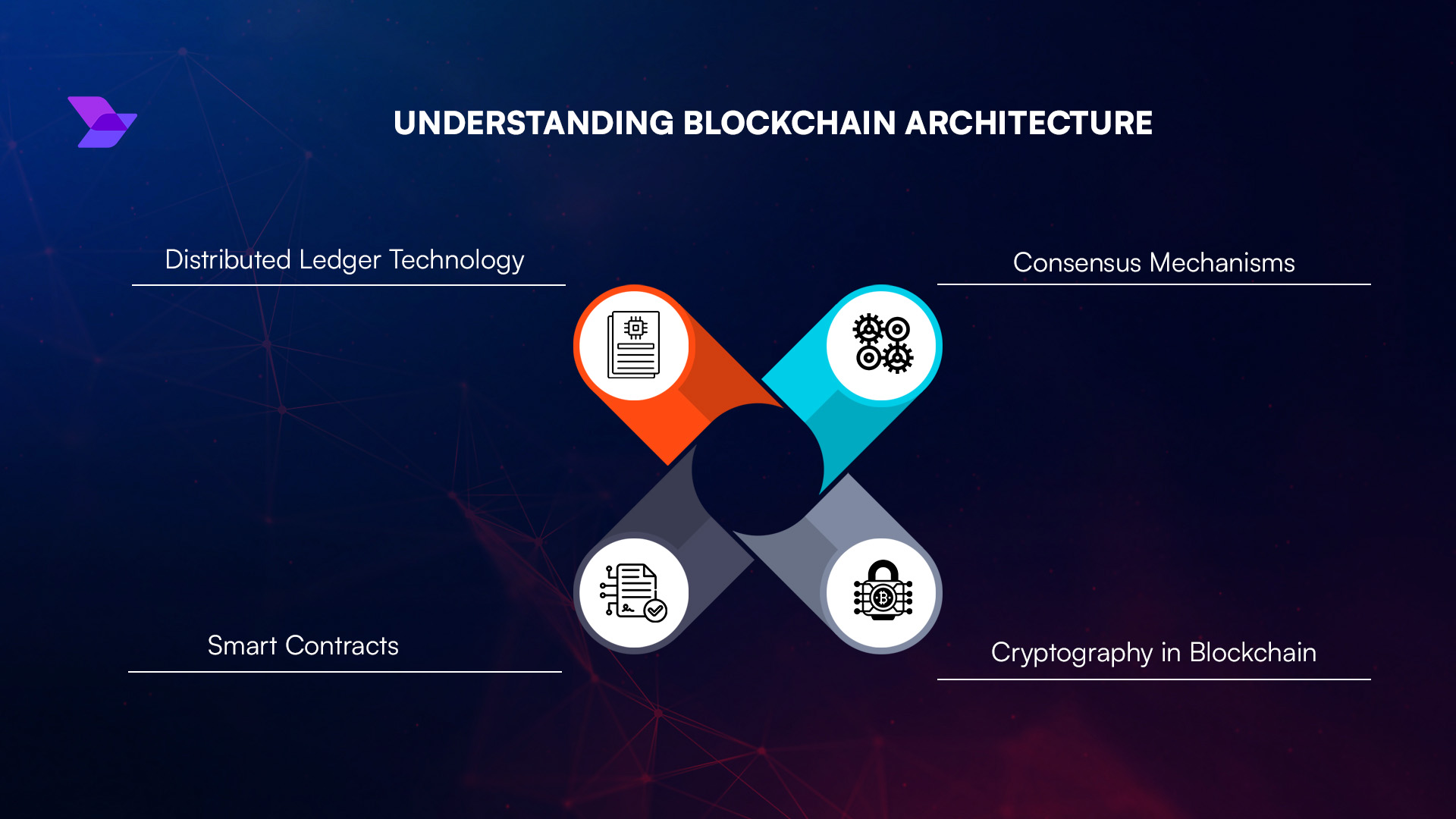
Prevents Sybil Attacks: Non-transferable NFT badges tie voting power to unique, verifiable identities, blocking attempts to gain influence through fake accounts.
-

Mitigates Vote Buying & Centralization: Voting rights are earned via contributions, not token accumulation, reducing risks of vote buying and power concentration.
-
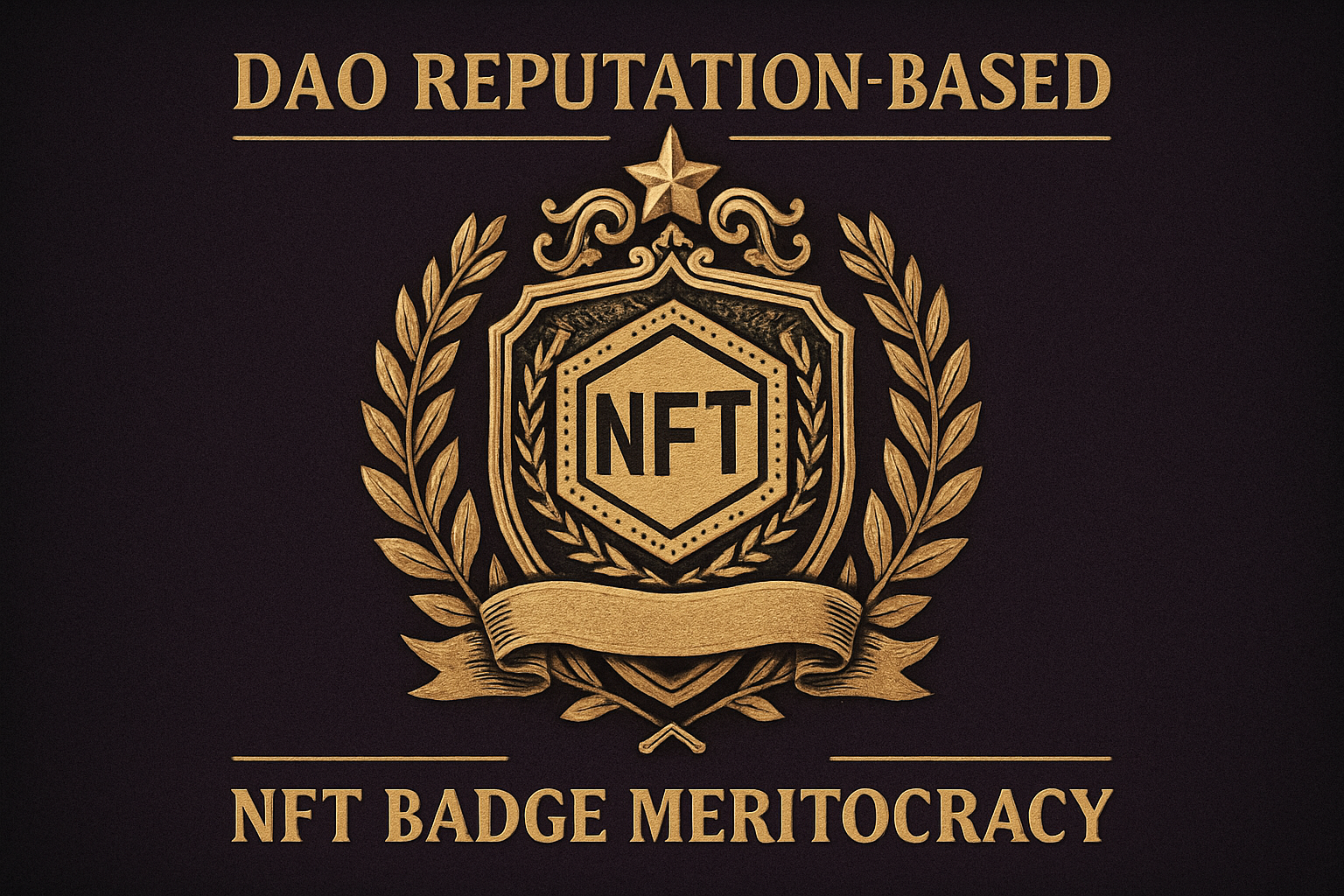
Enables Meritocratic Governance: Badges reflect real participation, ensuring that only active, reputable members influence key decisions.
-
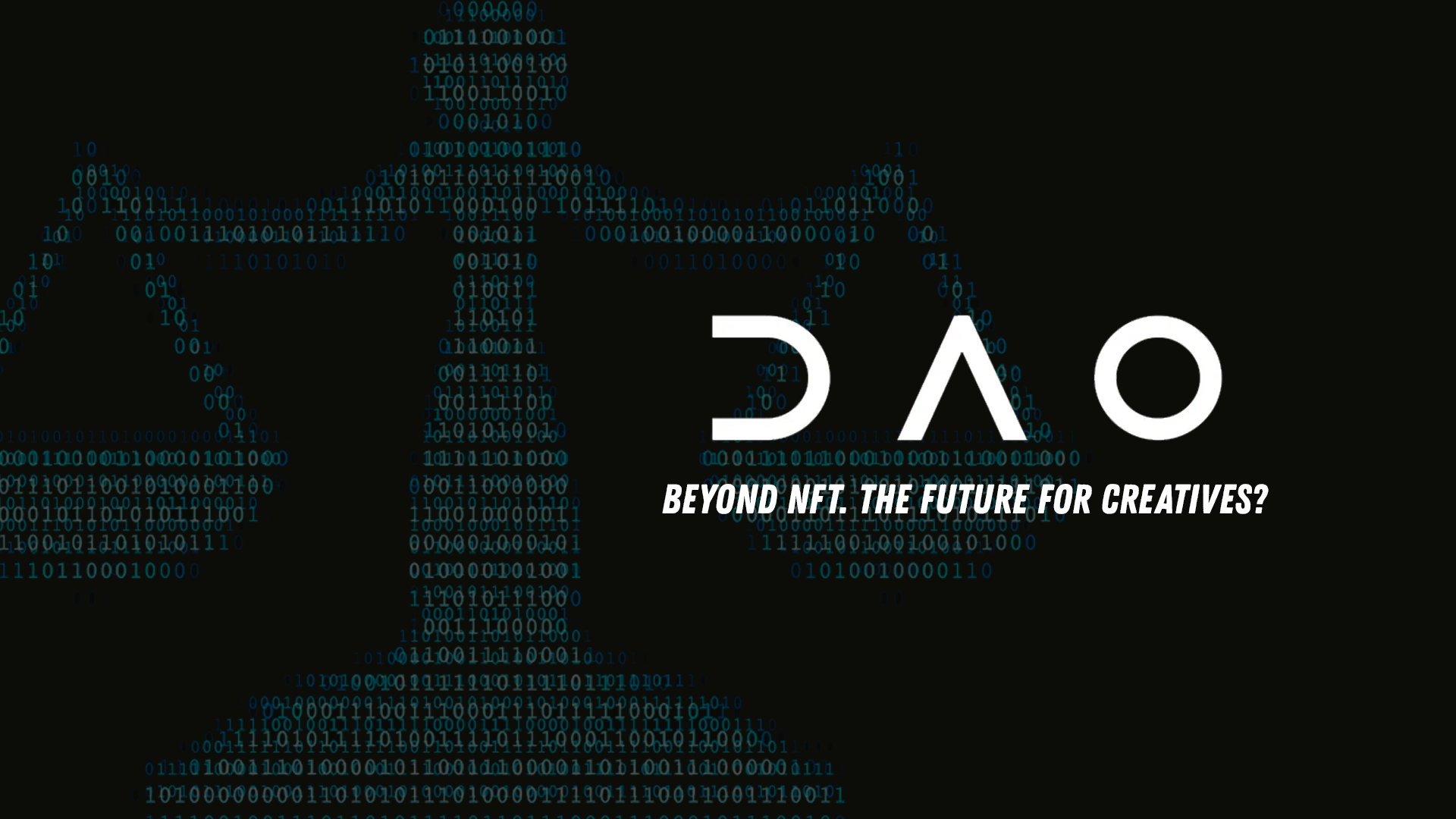
Enhances Transparency & Accountability: Badge status and voting records are visible on-chain, promoting open, auditable governance processes.
-
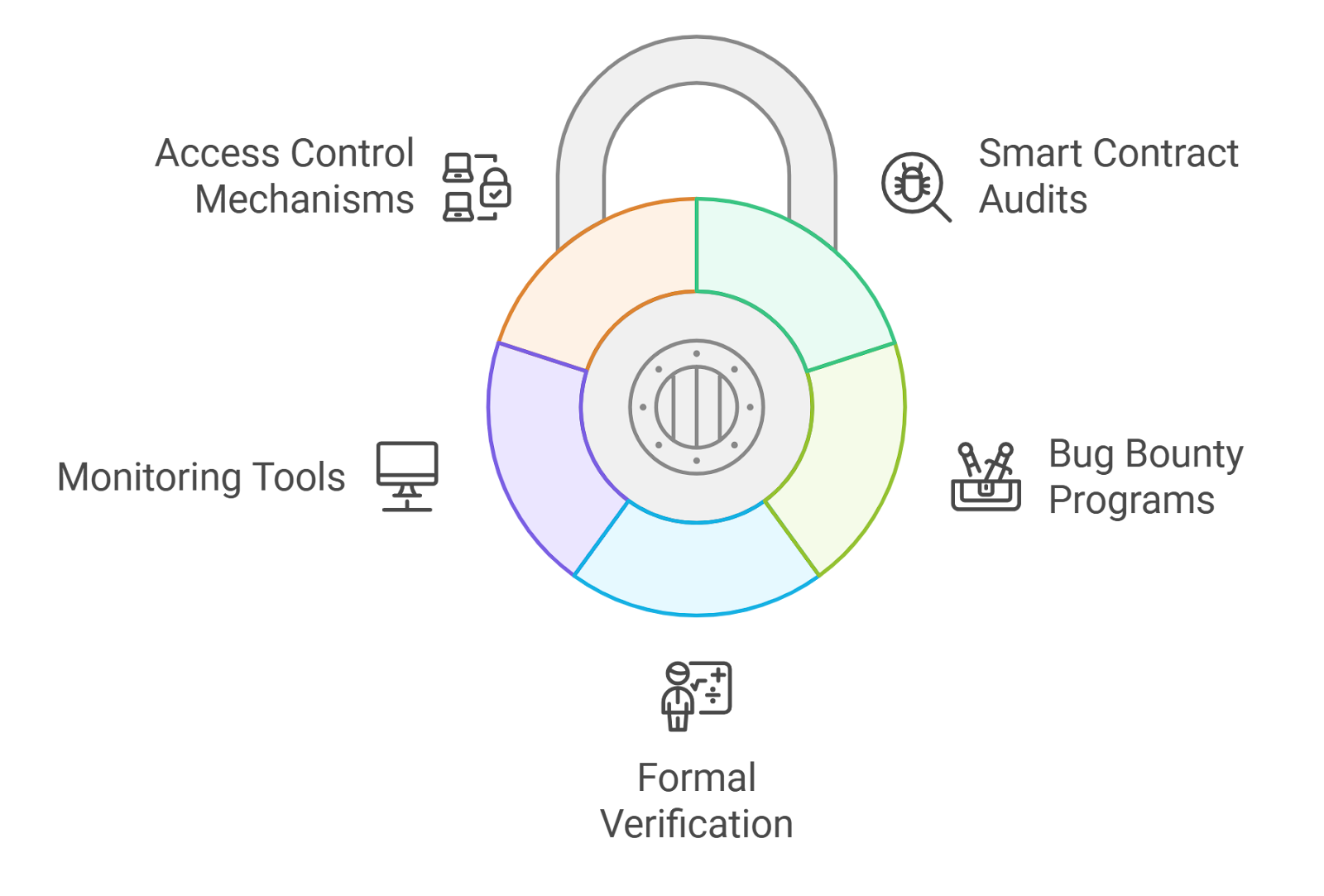
Supports Dynamic, Role-Based Voting Weights: Platforms like Colony and GovernanceNFT allow DAOs to assign voting power based on badge level (e.g., “Core Team”), adapting to evolving member contributions.
-
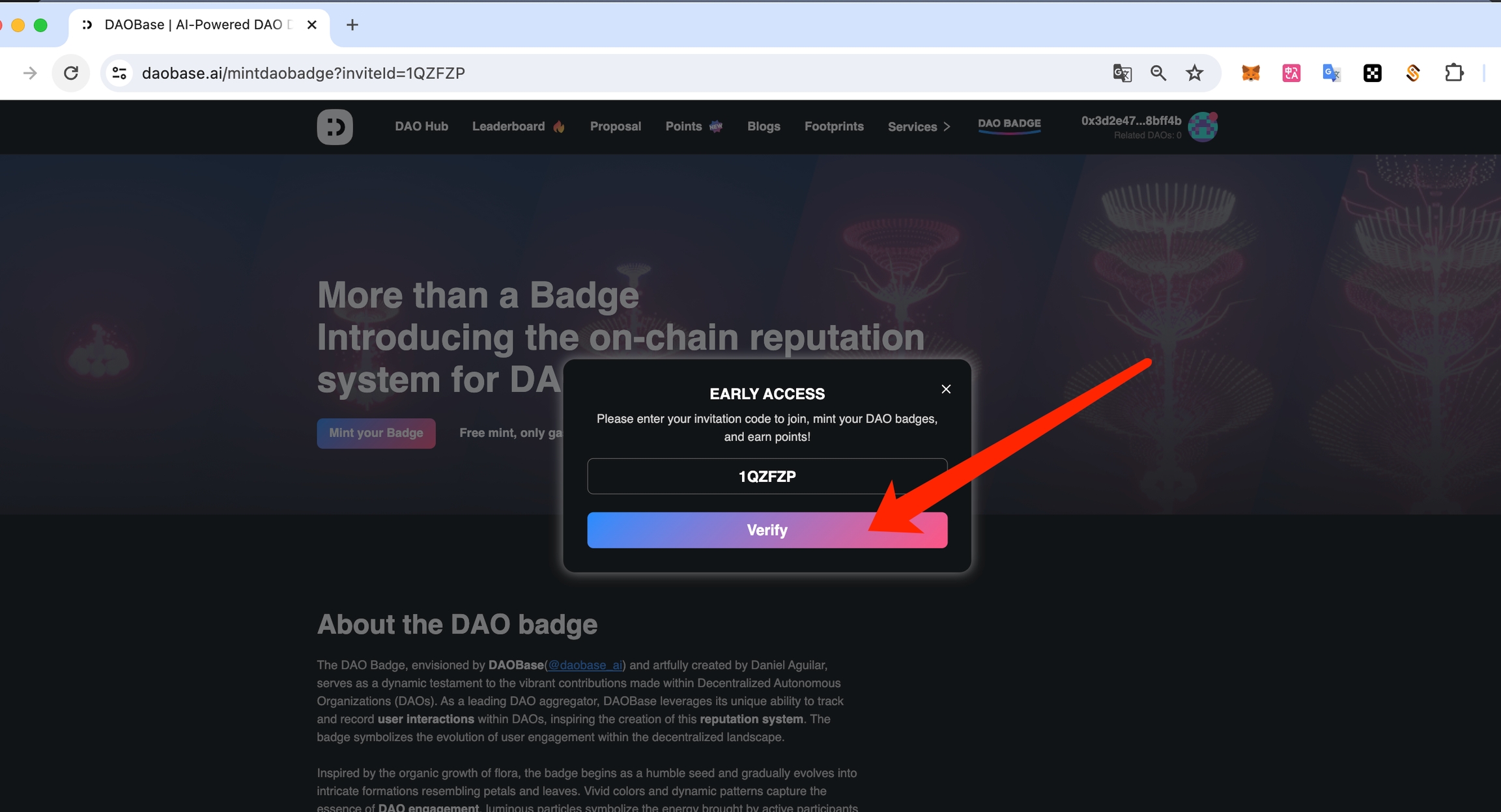
Boosts Member Engagement & Retention: Recognition through badges incentivizes ongoing participation and fosters a strong, committed community.
Integrating NFT voting badges with modern governance platforms further amplifies this effect. For example, DAOs can automate badge issuance based on smart contract triggers, such as successful proposal submissions or verified code merges, to ensure that badge distribution remains objective and tamper-proof. The result is a transparent, auditable trail of contributions that any community member (or external auditor) can verify on-chain at any time.
This approach also unlocks new possibilities for decentralized governance security. By making voting power non-transferable and uniquely tied to individual achievement, DAOs close the door on classic attack vectors like vote renting or collusion among whales. As seen in experiments on networks like Optimism and documented by leading DAO researchers, this model creates a resilient backbone for collective decision-making that resists both internal manipulation and external threats.
For DAOs aiming to scale their impact or operate in high-stakes environments, such as social impact funds, metaverse projects, or protocol treasuries, the adoption of on-chain credentials is quickly becoming table stakes. It’s not just about preventing abuse; it’s about building trust in the process itself. When every vote reflects verified effort rather than financial leverage, communities can confidently pursue ambitious goals without fear of hidden agendas derailing progress.
Best Practices: Implementing Reputation-Based Governance Badges
To maximize the benefits of this system, DAOs should follow several best practices:
- Define clear contribution metrics: Specify what actions earn badges and how voting weights are calculated.
- Automate badge issuance: Use smart contracts to remove human bias from the process.
- Regularly audit badge holders: Ensure that all reputational data remains accurate and up-to-date.
- Encourage ongoing participation: Design badge decay or renewal mechanisms so influence reflects recent activity.
This framework helps maintain integrity while adapting to evolving community needs. For DAOs seeking guidance on rolling out such systems, our resource on how governance NFT badges enhance DAO voting power and reputation systems provides actionable steps and real-world case studies.
The Future: Beyond Manipulation Toward Meritocracy
The shift toward reputation-based governance badges signals a maturation in decentralized organizational design. By fusing cryptographic proof with social capital, DAOs can finally deliver on their promise: fair, transparent collective action where every voice truly counts, but only after it’s been earned through meaningful contribution. As adoption accelerates across protocols and sectors, expect reputation-driven models to become the gold standard for secure DAO participation verification and manipulation-resistant decision-making.
